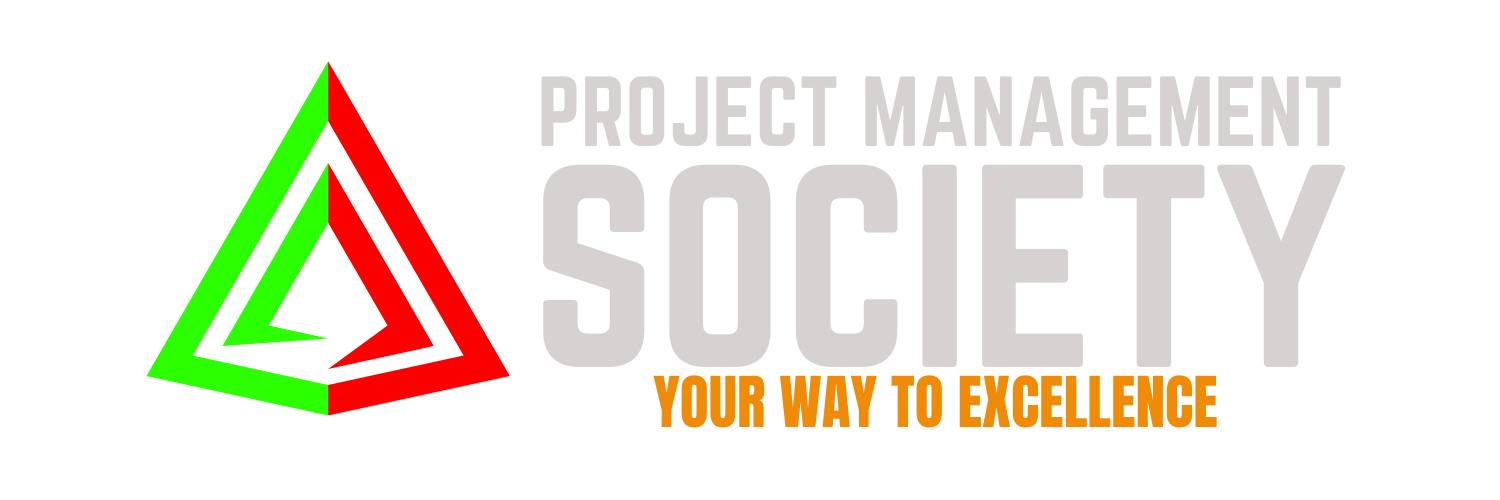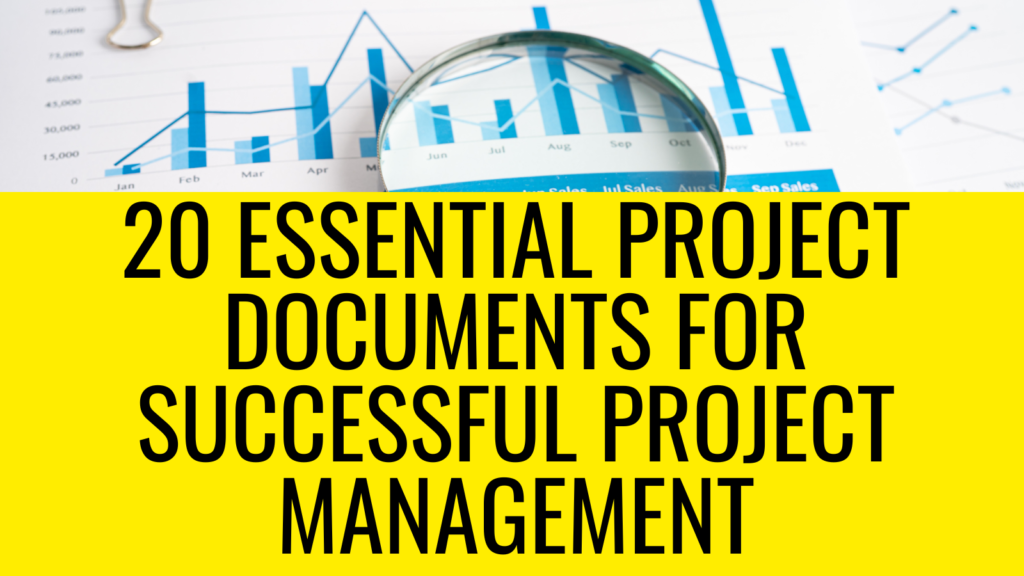Project management involves a multitude of tasks, timelines, and stakeholders. To ensure a smooth and organized journey from initiation to completion, various project documents play a pivotal role. These documents serve as roadmaps, guidelines, and communication tools that facilitate effective collaboration among team members and stakeholders. In this article, we’ll explore 20 essential project documents that are crucial for achieving project success.
- Project Charter: This foundational document outlines the project’s scope, objectives, stakeholders, and high-level deliverables. It provides a clear direction and purpose for the project.
- Project Plan: A comprehensive plan detailing the project’s tasks, timelines, resources, and dependencies. It serves as a roadmap to guide the project team throughout its lifecycle.
- Scope Statement: Clearly defines the project’s boundaries, including what is included and excluded from the project scope. It prevents scope creep and sets realistic expectations.
- Work Breakdown Structure (WBS): A hierarchical breakdown of project tasks into smaller, manageable components. The WBS helps in organizing work and assigning responsibilities.
- Risk Register: Catalogs potential risks that could impact the project’s success, along with their likelihood and impact. It also includes mitigation strategies to minimize their effects.
- Communication Plan: Outlines how project information will be shared, who will receive it, and through which channels. It ensures timely and effective communication with stakeholders.
- Stakeholder Register: Identifies all stakeholders involved in the project, their roles, interests, and communication preferences. This document aids in managing stakeholder engagement.
- Change Management Plan: Details how changes to project scope, timeline, or resources will be assessed, approved, and implemented to minimize disruptions.
- Quality Management Plan: Defines the quality standards and processes that will be followed to ensure the project’s deliverables meet the required quality levels.
- Resource Management Plan: Describes how project resources (human, financial, and material) will be allocated, managed, and optimized throughout the project.

- Procurement Plan: Outlines the procurement strategy for acquiring goods and services necessary for the project, including vendor selection and contract terms.
- Issue Log: Documents and tracks any issues or roadblocks that arise during the project’s execution, along with the steps taken to address them.
- Lessons Learned Document: Captures insights gained from both successful and unsuccessful project experiences. These lessons inform future projects and improve processes.
- Status Reports: Regular updates on the project’s progress, including accomplishments, challenges, and upcoming milestones. They keep stakeholders informed and aligned.
- Meeting Minutes: Detailed records of project meetings, noting discussions, decisions made, and action items assigned. They ensure accountability and track progress.
- Training Materials: Documents that facilitate the training of end-users or stakeholders on how to use and interact with the project’s deliverables.
- Testing Documentation: For software or product development projects, this includes test plans, test cases, and test results to ensure the deliverables meet requirements.
- Closure Report: Summarizes the project’s outcomes, lessons learned, and recommendations for future projects. It marks the official end of the project.
- Budget Report: Provides a breakdown of project expenditures, comparing actual costs against the budgeted amounts. It helps in financial accountability.
- Project Sign-off Document: Official approval and acceptance of the project’s deliverables by the client or stakeholders, acknowledging the completion of the project.

Conclusion
The success of any project hinges on effective documentation that guides, communicates, and tracks progress. These 20 essential project documents collectively provide a structured framework that facilitates efficient project management, enhances collaboration, minimizes risks, and ensures the alignment of all stakeholders towards achieving the project’s goals. By prioritizing the creation and maintenance of these documents, project managers set the stage for well-executed and successful projects.

